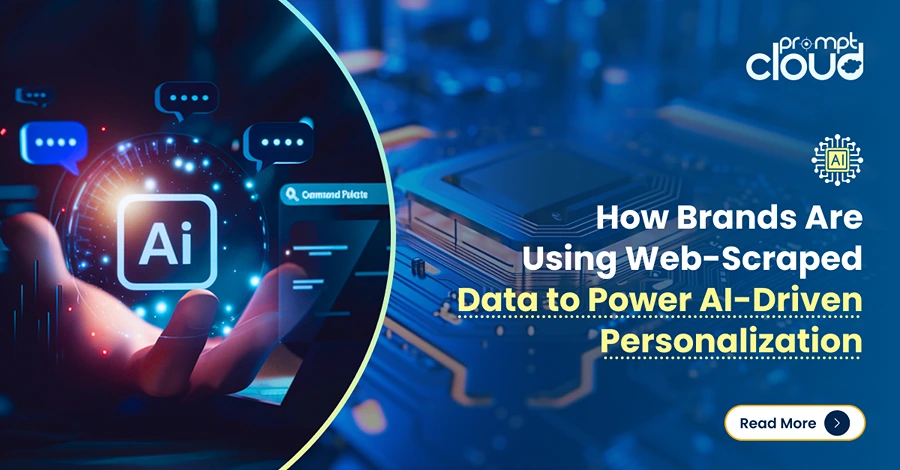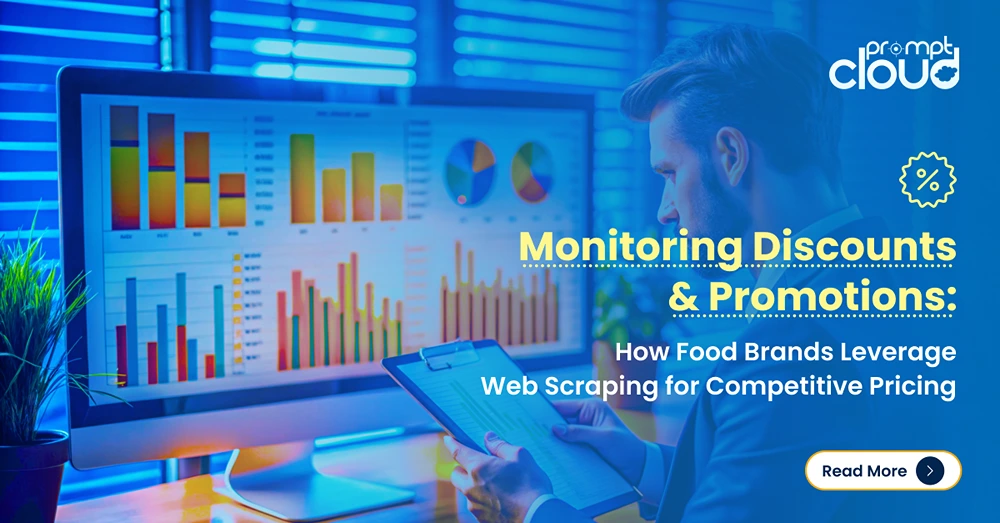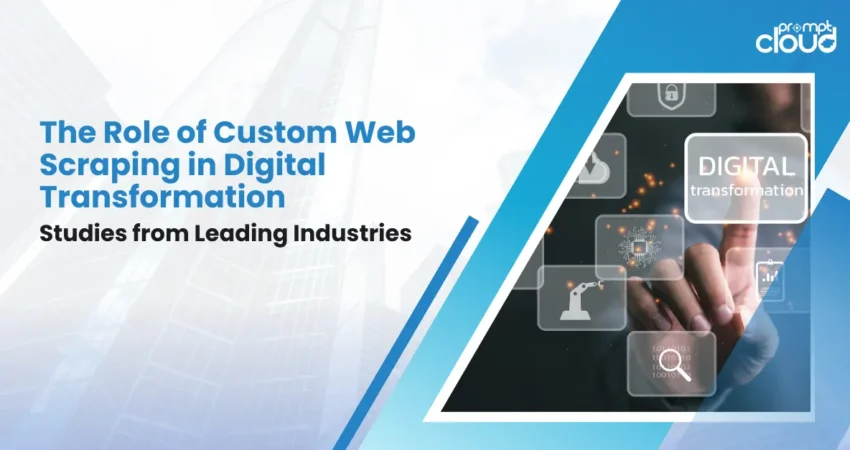
Businesses are constantly seeking innovative ways to leverage data and technology for competitive advantage. One such innovation is custom web scraping, a process that involves extracting specific information from websites using automated software.
This technique has become increasingly popular among leading industries as they embark on their digital transformation journeys. Let’s explore the role of custom web scraping in digital transformation through real-world case studies.
Study 1: E-commerce Industry
E-commerce companies rely heavily on data to make informed decisions about pricing strategies, inventory management, and customer behavior analysis. However, manually gathering this data can be time-consuming and prone to errors. Enter custom web scraping.
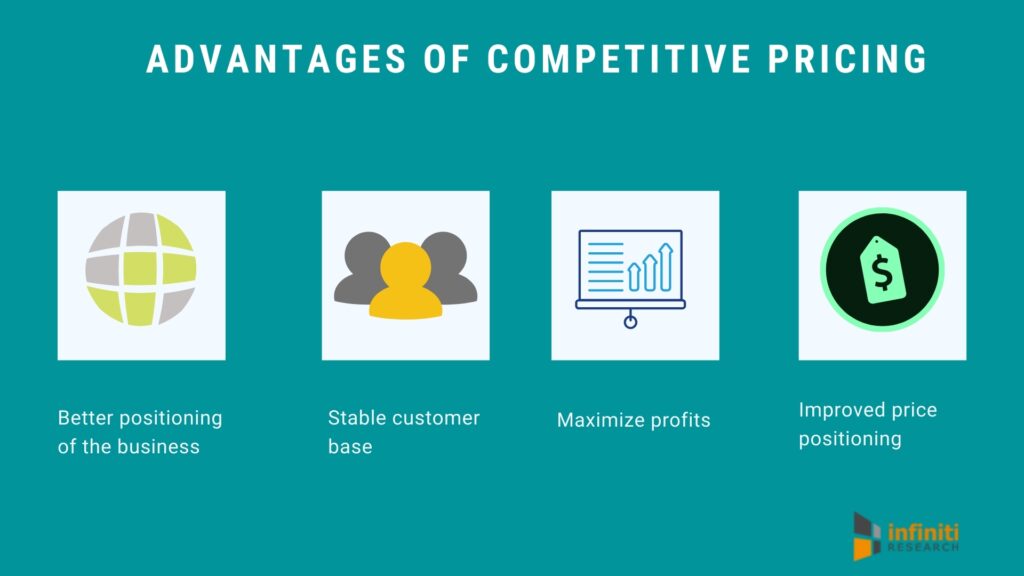
Image Source: Business Wire
By automating the process of collecting competitor prices, product descriptions, product prices and reviews, e-commerce firms can gain valuable insights into market trends and consumer preferences.
For instance, Amazon uses web scraping to monitor its competitors’ offerings and adjust its pricing strategy accordingly. As a result, it maintains its position as one of the world’s largest online retailers.
Study 2: Financial Services Industry
Financial institutions require accurate and up-to-date financial data to provide reliable services to their clients. Traditional methods of obtaining this data involve manual research or purchasing expensive subscriptions from third-party providers.
With custom web scraping, financial organizations can collect relevant data from multiple sources simultaneously, reducing costs and increasing efficiency.
A prominent example is Bloomberg Terminal, which relies on web scraping to gather news articles, stock quotes, and other financial indicators. This enables investors to make well-informed investment decisions based on real-time data. Another example is of a popular credit card company crawling bank sites to fuel their comparison engine.
Study 3: Healthcare Industry
The healthcare industry generates vast amounts of patient data daily, making it challenging to analyze and draw meaningful conclusions. Custom web scraping offers a solution by allowing hospitals and clinics to aggregate medical records, clinical trials results, and drug databases.
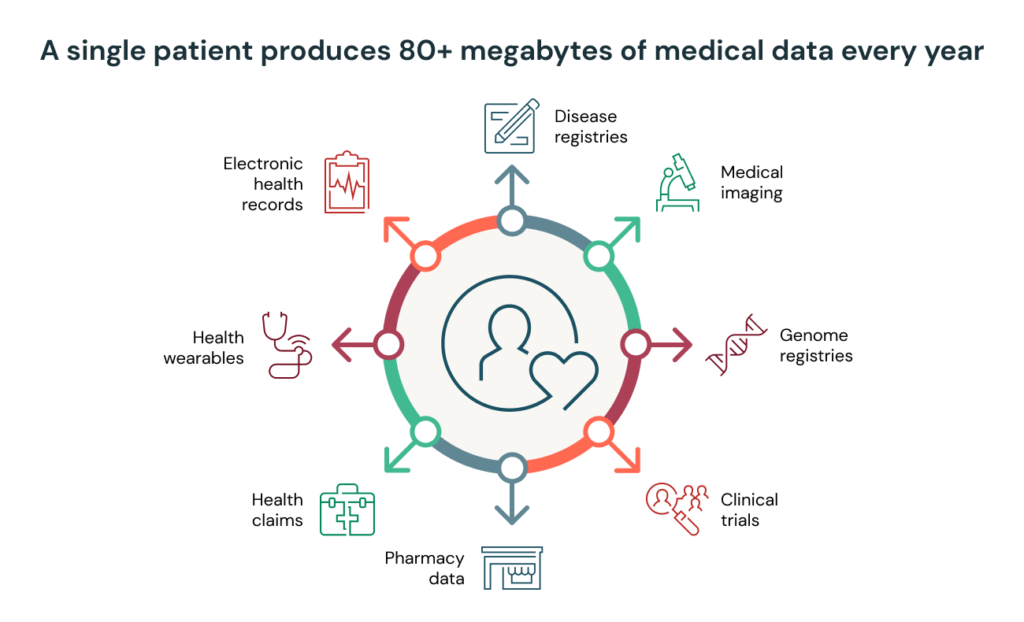
Image Source: Databricks
For instance, Mayo Clinic utilizes web scraping tools to gather data on rare diseases, enabling researchers to develop targeted treatments more effectively. Furthermore, these techniques help healthcare professionals identify patterns in disease outbreaks, improving public health outcomes.
Study 4: Travel & Tourism Industry
Travel agencies need access to dynamic pricing information and availability across various platforms to remain competitive. Manually tracking changes in flight schedules, hotel rates, and tour packages can be cumbersome and labor-intensive.
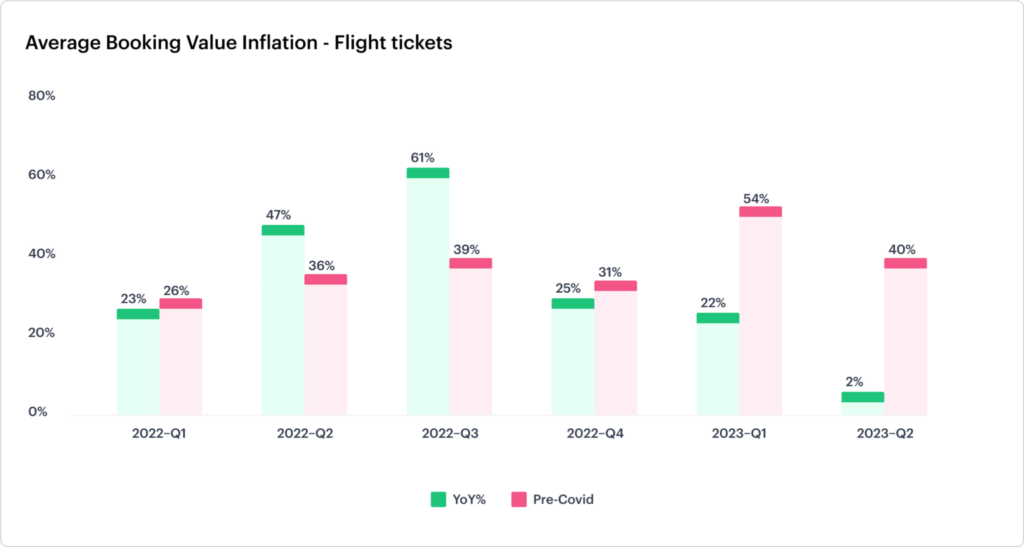
Image Source: TravelPerk
Through custom web scraping, travel companies can automatically collect real-time data on price fluctuations, promotions, and destination popularity. Expedia, for example, employs web scraping to monitor airfare data and accommodation prices, ensuring its customers always receive the best deals possible. A popular airline company in Spain used PromptCloud’s web scraping expertise to track flight schedule data for different aircrafts.
Conclusion
Custom web scraping plays a pivotal role in driving digital transformation across numerous industries. By automating the collection of essential data points, businesses can streamline operations, reduce costs, and enhance decision-making processes.
Whether it’s monitoring competitors, aggregating financial data, analyzing healthcare records, or optimizing travel arrangements, custom web scraping provides a powerful tool for unlocking valuable insights hidden within the digital realm.
Interested? Schedule a demo with us today.












